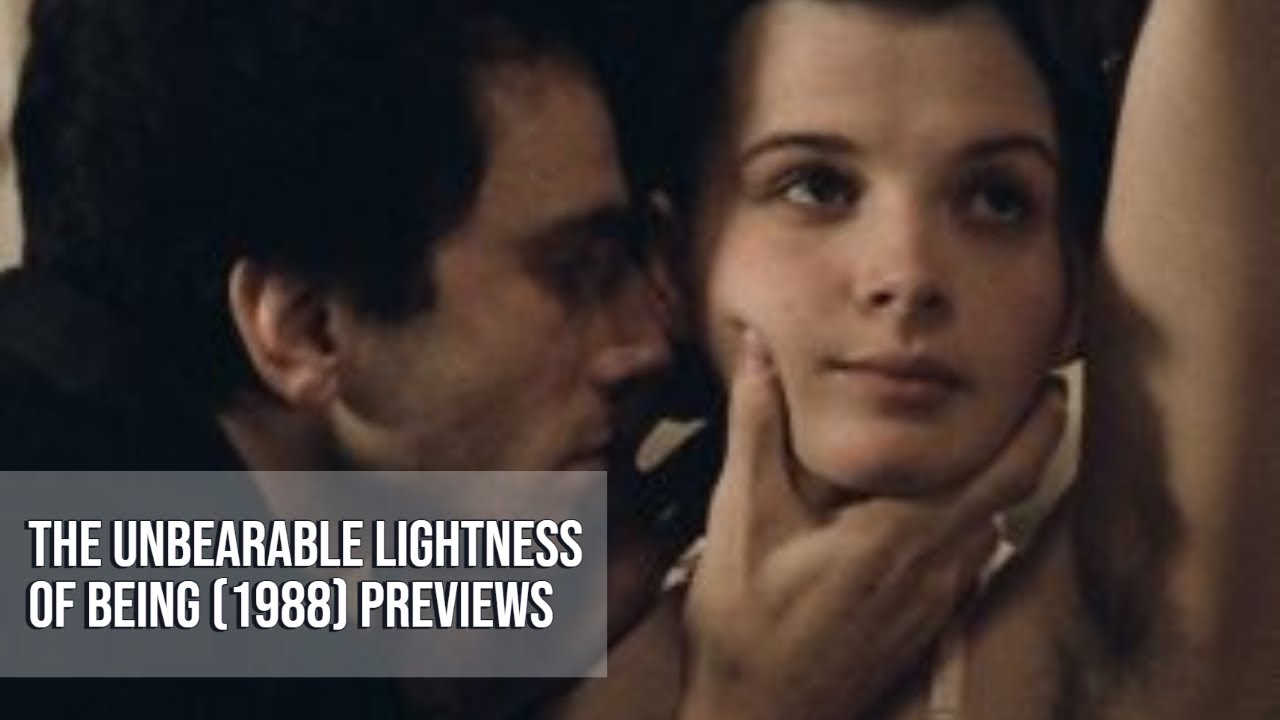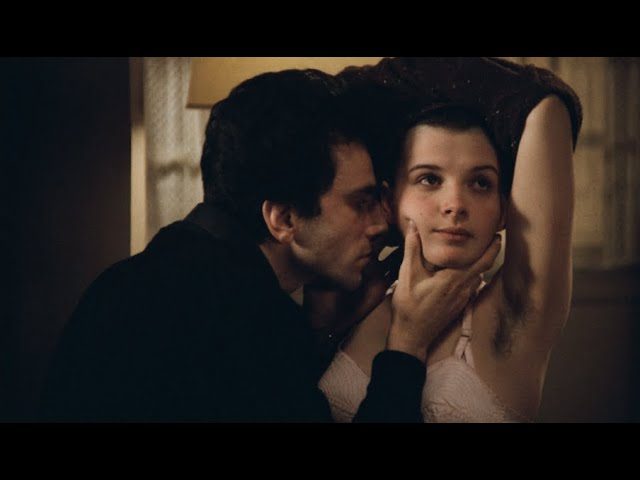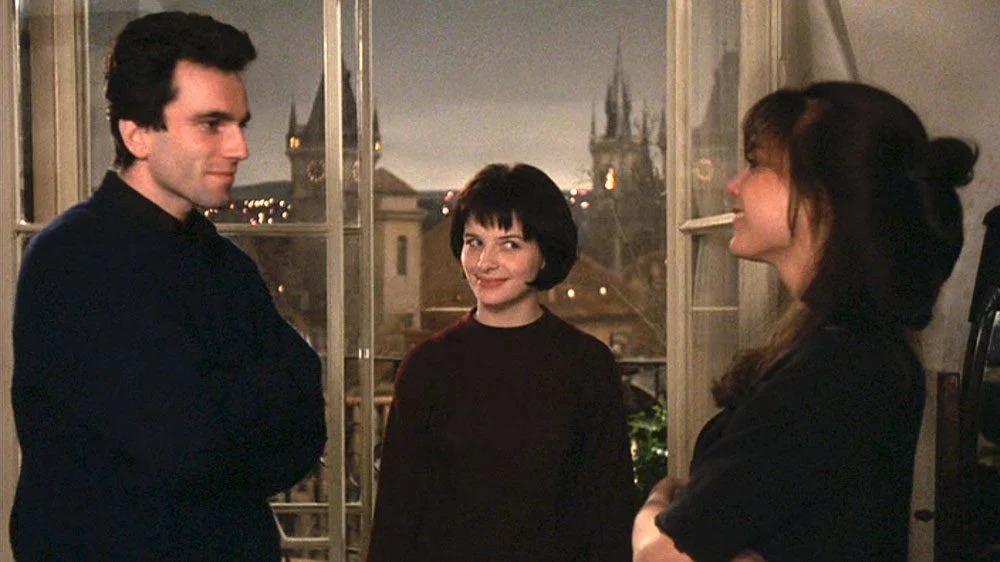The Unbearable Lightness of Being (1988)

The Unbearable Lightness of Being (1988) is a romantic drama film directed by Philip Kaufman, based on the 1984 novel by Milan Kundera. Set against the backdrop of Soviet-occupied Czechoslovakia during the 1960s, the film explores the intertwined lives of four characters as they navigate love, politics, and the philosophical question of existence. With powerful performances from Daniel Day-Lewis, Juliette Binoche, and Lena Olin, the film delves into complex themes of identity, freedom, and the ephemeral nature of life.
The film centers on Tomas (Daniel Day-Lewis), a successful and carefree surgeon, and his complex relationships with two women: Tereza (Juliette Binoche), a sensitive and idealistic young woman who falls in love with him, and Sabina (Lena Olin), Tomas’s liberated and passionate lover. Tomas’s detachment from emotional commitment contrasts sharply with Tereza’s yearning for love and stability. The story is interwoven with political turmoil, reflecting the impact of the Prague Spring and the Soviet invasion. As the characters navigate their personal desires and the changing political landscape, the film explores the tension between personal freedom and the responsibilities that come with love and relationships.
The film’s strength lies in the depth of its characters. Tomas, played by Daniel Day-Lewis, is portrayed as a man who believes in the idea of “lightness”—the freedom to live without attachments or consequences. His relationships with Tereza and Sabina reflect his struggle to reconcile this freedom with the emotional needs of those around him. Tereza, played by Juliette Binoche, embodies the “heaviness” of life—her desire for love, meaning, and security makes her the emotional anchor of the story. Sabina, portrayed by Lena Olin, is Tomas’s mistress, embodying the contradiction of seeking freedom through sexual liberation while wrestling with her own emotional needs. The evolving dynamics between these three characters create a tension-filled narrative about love, betrayal, and self-discovery.
At the core of The Unbearable Lightness of Being is the philosophical concept of “lightness” versus “heaviness,” as introduced by Milan Kundera. Tomas represents lightness, the idea of living without the weight of commitments, guilt, or consequences. He seeks freedom through casual relationships and a lack of attachment. In contrast, Tereza symbolizes heaviness, representing the weight of love, loyalty, and emotional responsibility. The film explores how the characters navigate these opposing forces, ultimately questioning whether one can truly live without the burden of responsibility or if love and commitment are inevitable parts of the human experience.

The political backdrop of the film plays a significant role in shaping the characters’ lives. Set in Czechoslovakia during the Prague Spring, the film depicts the societal changes and the looming presence of Soviet control. This external pressure influences the characters’ behavior and decisions, creating a stark contrast between their personal lives and the larger political forces at play. Tomas’s defiance against the political system mirrors his personal disregard for the emotional systems of relationships. The political repression, coupled with the characters’ personal struggles, adds depth to the narrative, highlighting the tension between personal freedom and the constraints of society.

Philip Kaufman’s direction in The Unbearable Lightness of Being is visually stunning and thematically rich. The film’s cinematography, by Sven Nykvist, captures the beauty of Prague and its surrounding landscapes, using the city’s architecture and natural settings to reflect the characters’ internal landscapes. Kaufman uses a non-linear narrative structure, interweaving the characters’ personal stories with philosophical voiceovers, allowing the film to explore deep existential questions while maintaining a rich emotional core. The use of music, particularly the classical score by Antonio Vivaldi, enhances the emotional depth of the film, complementing its meditative and often melancholic tone.

In conclusion, The Unbearable Lightness of Being is a profound exploration of love, freedom, and the complexities of human existence. Through its compelling characters and philosophical underpinnings, the film offers a thought-provoking narrative about the tension between lightness and heaviness in life. The performances of Daniel Day-Lewis, Juliette Binoche, and Lena Olin bring emotional depth to the story, making the film both intellectually engaging and emotionally resonant. Kaufman’s direction and the film’s cinematography elevate the novel’s themes, creating a cinematic experience that lingers long after the credits roll. The Unbearable Lightness of Being is a masterpiece that delves into the essence of human relationships, making it a timeless and significant work of cinema.











